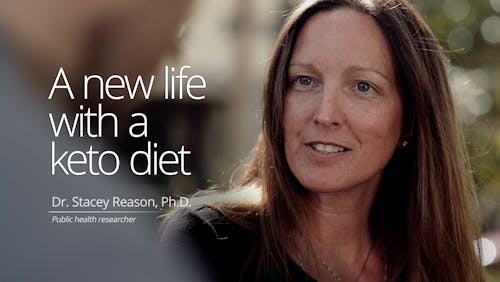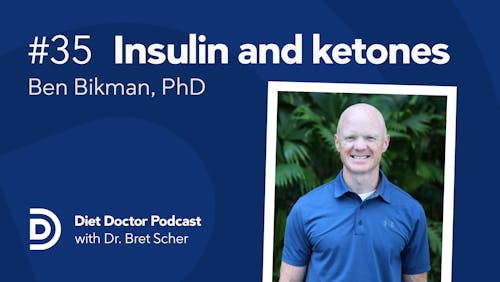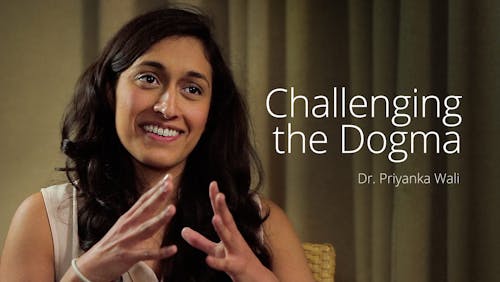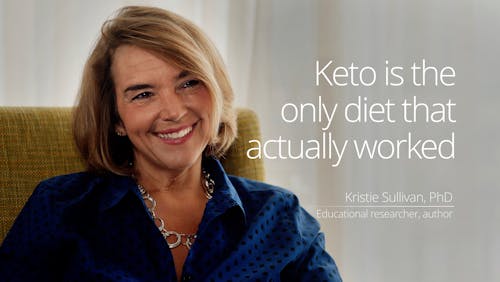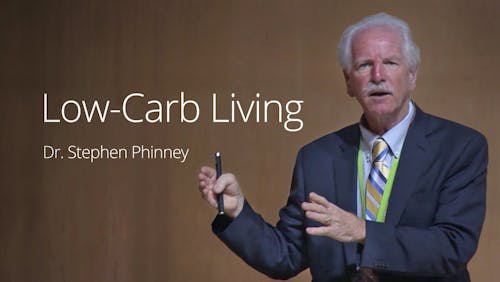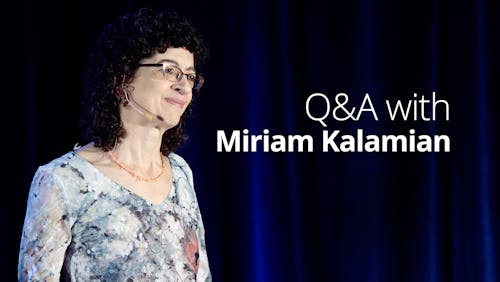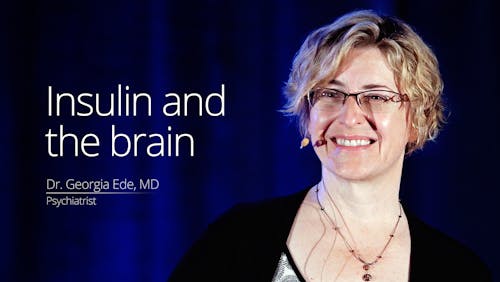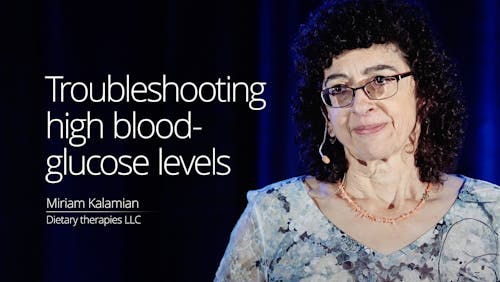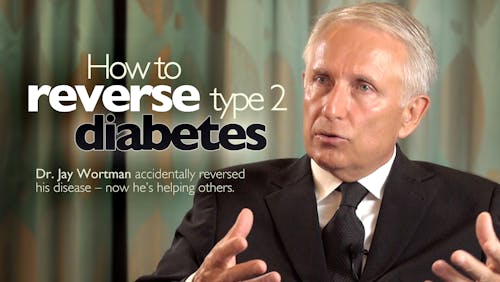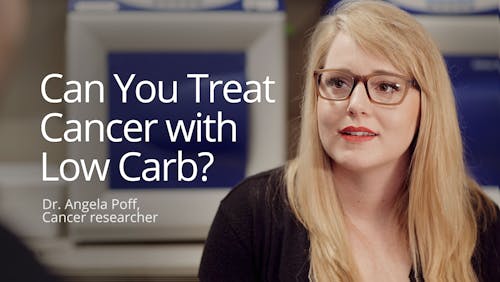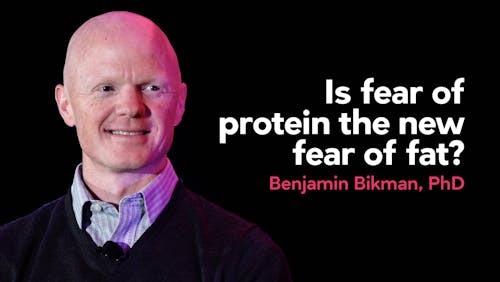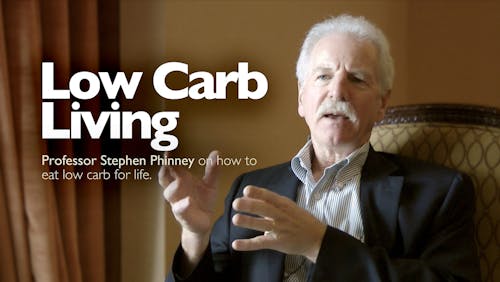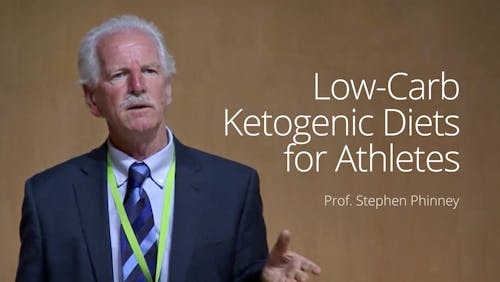Low-carb and high-carb diets have similar effects on hunger

Do low-carb diets reduce appetite more than low-fat diets? A new study suggests the answer is no. How do we reconcile that with other studies that say the opposite?
Let’s get into the details. 84 overweight subjects with diabetes were randomized to a diet with 14% of energy from carbs (labeled as less than 50 grams per day) or a diet with 53% of energy from carbs. Both diets were designed to create a 500-1,000 kcal deficit. Researchers limited both diets to less than 10% saturated fats. By default, that likely means a high proportion of the fat in the low-carb diet came from oils rather than whole foods which would contain more saturated fats (like meat, eggs, chicken, dairy).
After 16 weeks there did not appear to be much of a difference in hunger and satiety between the groups. The authors’ conclusions? Keto diets are no better than high-carb diets for hunger. This is in direct contrast to prior studies that suggest the opposite.
For example, a meta-analysis of studies comparing a ketogenic diet with “very low energy diets” showed those on the keto diets were less hungry and had less desire to eat. Another study showed a more beneficial effect on peptide YY suggesting satiety may be improved. And a third study showed obese men following a ketogenic diet (average BHB 1.5 mmol/L) had significantly less hunger than a moderate carb diet at four weeks.
In addition, our clinical expert panel unanimously agrees with the notion that ketogenic diets suppress hunger and make intermittent fasting easier on their patients.
So, why the difference? For one, this study was not a ketogenic diet study. The average BHB level was 0.2 mmol/L, not reaching the cut off for nutritional ketosis (0.5 mmol/L). As ketones are hypothesized to have appetite lowering effects, this makes a difference. In addition, the reduction in saturated fats likely eliminated many of the more satiating foods such as meat, and eggs. Clinical experience suggests fats from oils are far less hunger-suppressing than solid foods.
But this study is very interesting since many people do try to follow a similar “almost keto” diet. People may try to limit their saturated fats and they may not try to be in ketosis, but rather are happy to eat low-carb. While that still can have beneficial effects on weight loss and metabolic health, this study suggests it does not have an advantage over higher carb diets with respect to feeling full.
So, in the end, it depends on your goals. If you are looking for appetite suppression, it looks likes ketones and whole foods may make the difference.
Try it for yourself and see which way works better for your hunger and satiety!
Thanks for reading,
Bret Scher, MD FACC
Earlier
Swedish nutrition students are consuming fewer carbs and more fat




